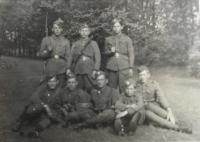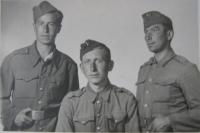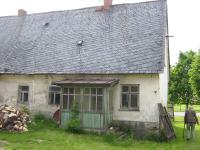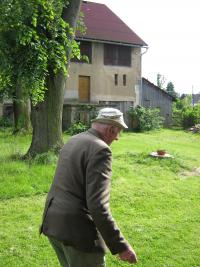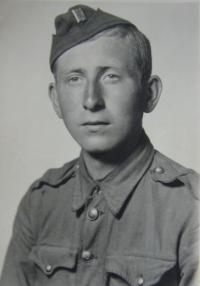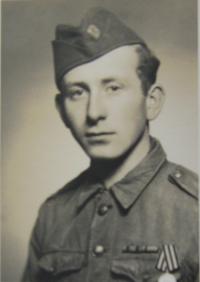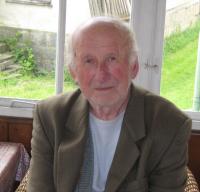“I had to clench my teeth, otherwise if I would have opened my mouth I would have gone to jail.”

Download image
Mr. Vladimír Beran was born in 1925 in Hlinsko town in Volhynia (Western Ukraine). After the liberation of Ukraine occupied by Nazis, he voluntarily entered the Czechoslovak army corps in 1944. As a signalman he came through the Dukla pass battle and he also fought in Slovakia battles. After the demobilization he returned back to Volhynia. But later in 1947 - during the re-emigration he left Volhynia for good. He and his family settled in Stará Červená voda village in Jesenice region. There he entered the JZD (former collectivized farms corresponding to Soviet Kolkhoz). However he was dismissed two years later for his ‘negative attitude´. He didn´t like to see how some of the communist are stealing. After that he ran a private business for couple of years; but he was constantly hampered. He was demarcated the worse and the most remote field, and the communists also took some of his farm machinery. At the end he didn´t have choice but to return to the JZD. However, he took the very first opportunity to leave and he begun to work for chain production factory located in Česká Ves. He passed away on June, 29th, 2014.
